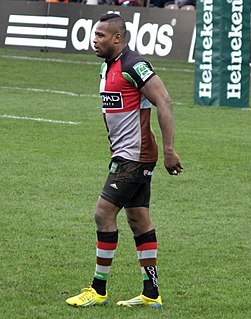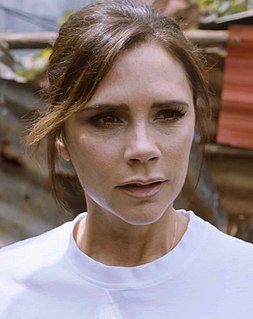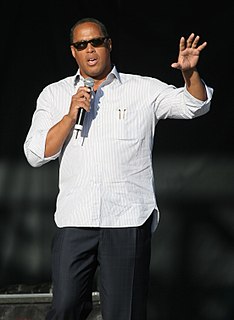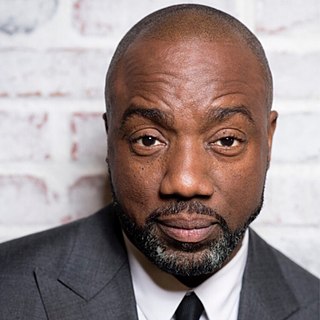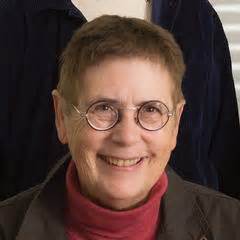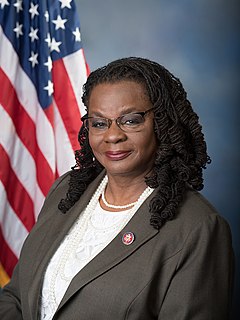A Quote by Gillian Flynn
A theme that has always interested me is how women express anger, how women express violence. That is very much part of who women are, and it's so unaddressed. A vast amount of literature deals with cycles of violence about men, antiheroes. Women lack that vocabulary.
Related Quotes
I was shocked to find out that 1 in 4 women are affected by domestic violence at some point in their lifetime. So many women never tell anyone that they are being abused by their partner. I have joined the 'Real Man' Women's Aid campaign to show that real men don't abuse women and that a real man will always stand up against domestic violence.
... the socialization of boys regarding masculinity is often at the expense of women. I came to realize that we don't raise boys to be men, we raise them not be women (or gay men). We teach boys that girls and women are "less than" and that leads to violence by some and silence by many. It's important for men to stand up to not only stop men's violence against women but, to teach young men a broader definition of masculinity that includes being empathetic, loving and non-violent.
I think any time you have any kind of social ill, not just domestic violence...as much as it's about the act, the obvious theme of domestic violence, Domestic Violence Awareness Month is also about how men deal with their emotions. It's not just like who gets brutalized; sometimes it's women that are abusing men, too. I think it's just an opportunity for us to look at ourselves. How do we treat each other? Why do we treat each other that way?
I wish you would stop and seriously consider, as a broad and long-term feminist political strategy, the conversion of women to a woman-identified and woman-directed sexuality and eroticism, as a way of breaking the grip of men on women's minds and women's bodies, of removing women from the chronic attachment to the primary situations of sexual and physical violence that is rained upon women by men, and as a way of promoting women's firm and reliable bonding against oppression. . . .
I used to be cruel to my woman, and physically - any woman. I was a hitter. I couldn't express myself and I hit. I fought men and I hit women. That is why I am always on about peace, you see. It is the most violent people who go for love and peace. Everything's the opposite. But I sincerely believe in love and peace. I am a violent man who has learned not to be violent and regrets his violence. I will have to be a lot older before I can face in public how I treated women as a youngster.




